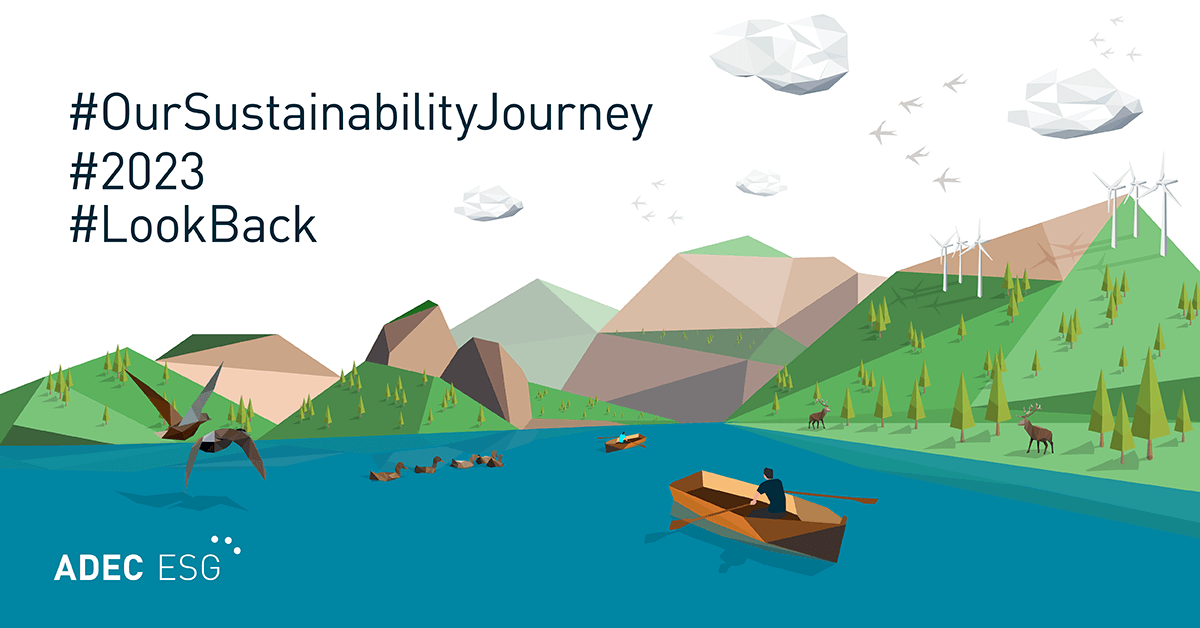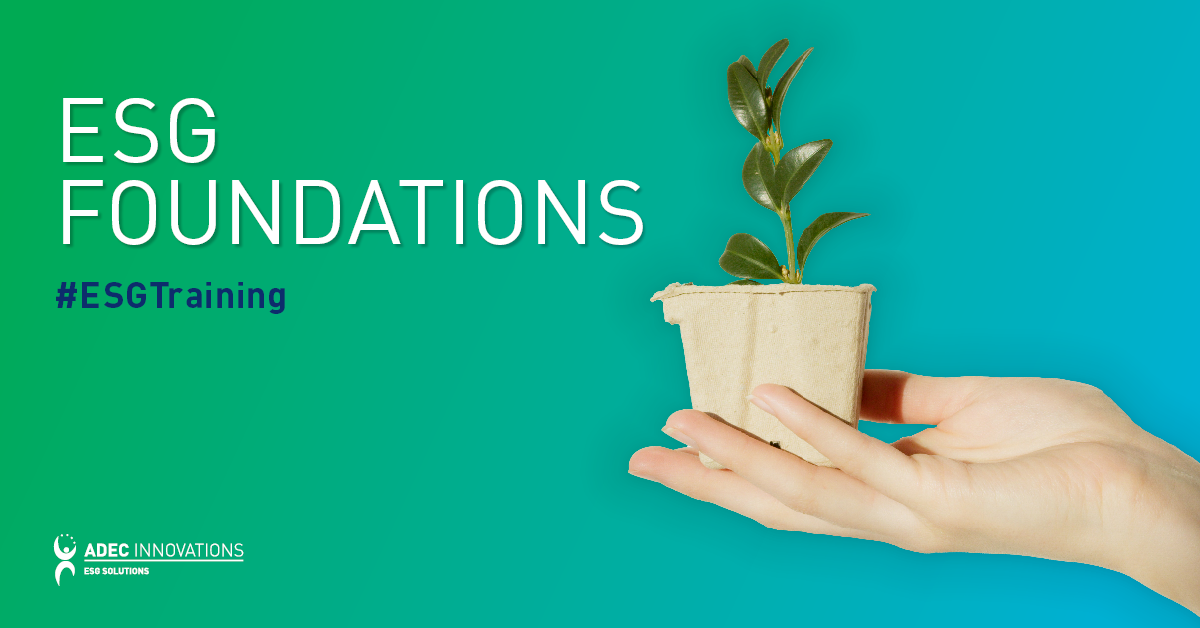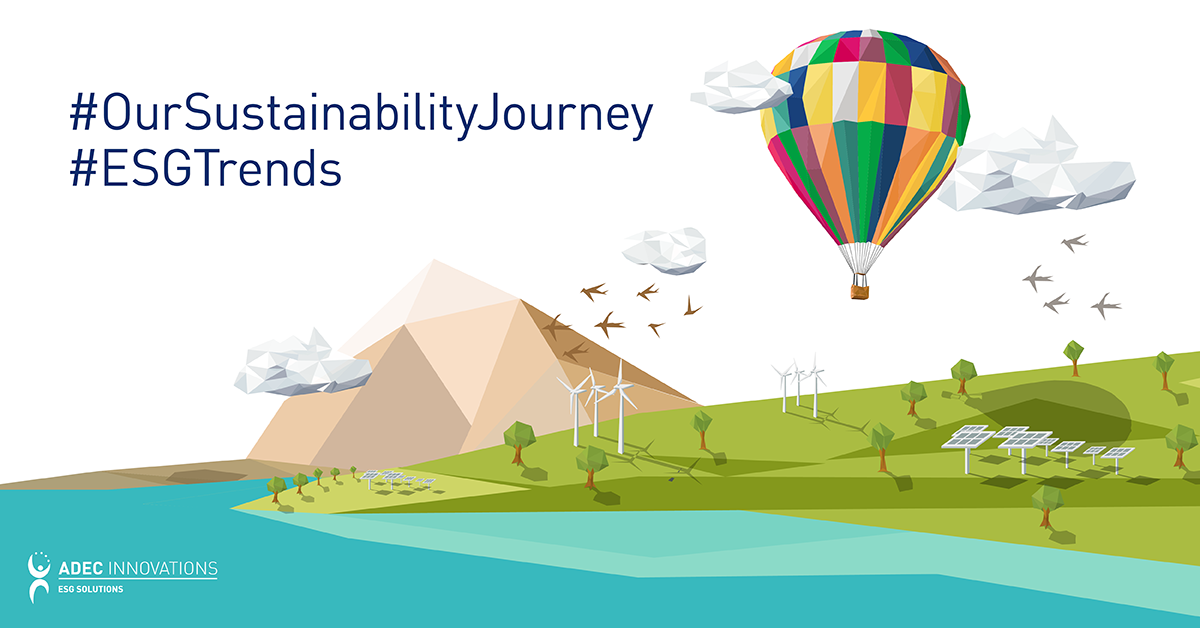 Climate change has transformed the way global companies and the general population perceive sustainability and its importance to communities and the environment. Organizations now pay closer attention to becoming more sustainable in their business practices, and consumers are becoming “greener” in their product choices.
Climate change has transformed the way global companies and the general population perceive sustainability and its importance to communities and the environment. Organizations now pay closer attention to becoming more sustainable in their business practices, and consumers are becoming “greener” in their product choices.
According to Maria Garrido, International Marketing Director for international advertising agency Havas, consumers are willing to spend money on a brand if they see it as a meaningful brand. Their operational concept of brand “meaningfulness” consists of three value propositions: 1) marketplace benefits, or the value delivered by products; 2) personal benefits, or the capability of a brand to connect to customers; and 3) collective benefits, or a brand’s overall contribution to society and the environment.
In their 2015 Meaningful Brands study, which surveyed 1,000 brands and 300,000 consumers from all over the world, Havas established that brands considered to be meaningful gained an average of 46% more “Share of Wallet,” or how much a person spends on a specific brand or product. Moreover, they outperformed the stock market by 133%, with the top 25 brands delivering an annual return of nearly 12%. This proves that meaningful brands outmatch their competitors and exceed expectations for key performance indicators (KPIs) such as brand awareness and premium pricing.
The top brands are companies that score high on all three value propositions of meaningfulness. While many companies perform well in offering marketplace and collective benefits, they sometimes fall short when it comes to highlighting the aspect of personal benefits in their storytelling. Consumers want to see value in the products they spend on. There are times when telling your brand’s sustainability and social responsibility story is enough to convince people to remain loyal. In some cases, brand loyalty requires more.
According to a 2014 survey conducted by the National Geographic Society and global research consultancy GlobeScan, there has been a 61% increase in the number of global consumers who show concern for the environment since 2012. However, there has been a decrease in sustainable purchasing in key global markets such as the US, Germany, Japan and China. A survey done by the Sustainable Lifestyles Frontier Group reveals that the issue is not with customer attitudes; it is due to the value consumers associate with certain products.
Businesses may try to make people feel guilty if they do not buy their products as their products support the “higher purpose” of sustainability. While global consumers understand how sustainable products positively affect the environment, they also need to consider how these products directly benefit them. Rather than emphasizing consumer responsibility—which consumers do recognize—organizations must focus on explaining what the product does, both for the environment and for the individual.
Organizations become more globally competitive in the marketplace when consumers perceive their brand’s meaningfulness and continue to support their sustainable products. Sustainability performance and sustainability reporting allow organizations to reassure the public that they are doing their part for the planet. By properly disclosing environmental performance using the standards provided by organizations like CDP, DJSI, and GRI, companies tend to perform better, increase operational efficiencies and achieve long-term viability.
FirstCarbon Solutions (FCS) is a leading sustainability solutions provider to a wide range of industries, identifying environmental risks and opportunities to help improve environmental performance and lessen environmental impacts, while boosting profitability. FCS provides guidance on industry best practices and can help you with your sustainability programs. Read this FCS blog to learn more about how we can help you get started.





